“From the time I wake up to the time I go to sleep, I’m always in pain. Like everywhere,” said Gabrielle Niemczyk.
She has a disease called Trigeminal Neuralgia, nicknamed the suicide disease. It is often described as the most excruciating pain known to man. It triggers pain in the lower face, jaw and sometimes affects the area around the nose and above the eye.
“Seventy or eighty percent of the people with this disease commit suicide because of the pain. So I understand why it’s nicknamed that. The pain is so bad, and pain medication does not take the pain away,” said Niemczyk. “Most doctors either don’t know what it is, or they don’t know how to treat it. The pain is so bad, but I’m still here, and I’ve learned to deal with it.”
“At this point, many things could be thrown at me, and you just got to pick it up and keep going. What other choice do you really have, right?” – Gabrielle Niemczyk
“My sophomore year, I was diagnosed with narcolepsy. I don’t remember a lot of my sophomore year because I slept it away,” Niemczyk said with a small laugh. “So basically, my body can be awake, but my mind will be asleep or vice versa. My mind will be awake, and my body is asleep. It doesn’t know the difference.”
That spring, she also had stomach surgery in which they took out three-fourths of her stomach. “They didn’t know what was wrong with me. They still don’t,” Niemczyk said. Her doctors believed her to have cancer, but it turned out not to be that. Three months after the procedure, Niemczyk lost 85 pounds.
“After that, it was just one thing after another,” Niemczyk said. “The doctors didn’t check that I had a vitamin deficiency before I went into surgery, so for three months straight, I threw up every single day, which is why I lost so much weight. I was super close to going to ICU because they didn’t know what was going on. My body had to recover from that.”
Niemczyk was tired of the constant pain and decided to do some digging for answers. “It’s interesting how much you need to advocate for yourself as a patient. Number one doctors don’t know it all; number two doctors don’t know what’s best for you,” said Niemczyk.
“They didn’t diagnose me until last fall and start treating me correctly.” Along with Trigeminal Neuralgia, she also has Mast Cell Activation Syndrome. When the body has an allergic reaction, mast cells are sent to avoid anaphylactic shock. She has an overabundance of these cells. As a result, her body is constantly having allergic reactions, making it difficult for her body to fight off infections.
COVID-19 has made the situation far more dire. For the past year and a half, Niemczyk has been nearly shut in her home. “Pre-COVID going into a Walmart, I could still get sick. And for a normal person, it would be like a sinus infection, but that same infection would last in me for six months,” said Niemczyk. “I’m not so much worried about me getting COVID than I am bringing it back home to my dad or brother – who is also sick.”
All she has gone through medically has inspired her to own her own physician’s practice for kids and adults with special needs. As someone with a rare disease, she hopes to help others with the same issues—testing beyond the normal limits of what might be wrong with someone and looking for possible rare cases.
She is currently a senior at UNG, majoring in pre-medicine, chemistry, and psychology. She will be receiving her bachelor’s in psychology and a bachelor’s in biochemistry in a year and a half. Then she will attend medical school.
“In my mind, there’s is no me, not becoming a doctor. Because I’m so stubborn, and I think I would be really good at it,” said Niemczyk. “Supposedly, once my Mast syndrome goes down, or we figure out which medication works the best, I’m supposed to be relatively normal. Well, not really – but I shouldn’t have a pick line. And I shouldn’t have to worry about a lot of this stuff.
Niemczyk says she has never been angry about her condition. “There are times when I get super upset with myself, and my mom likes to explain it like: everyone is expected to run a 5k, and you’re still expected to run that 5k but with no legs. Eventually, you’ll get there, but everyone else has normal legs to run on. I’ve never been angry about it, but I’m more hard on myself. At this point, many things could be thrown at me, and you just got to pick it up and keep going. What other choice do you really have, right?”










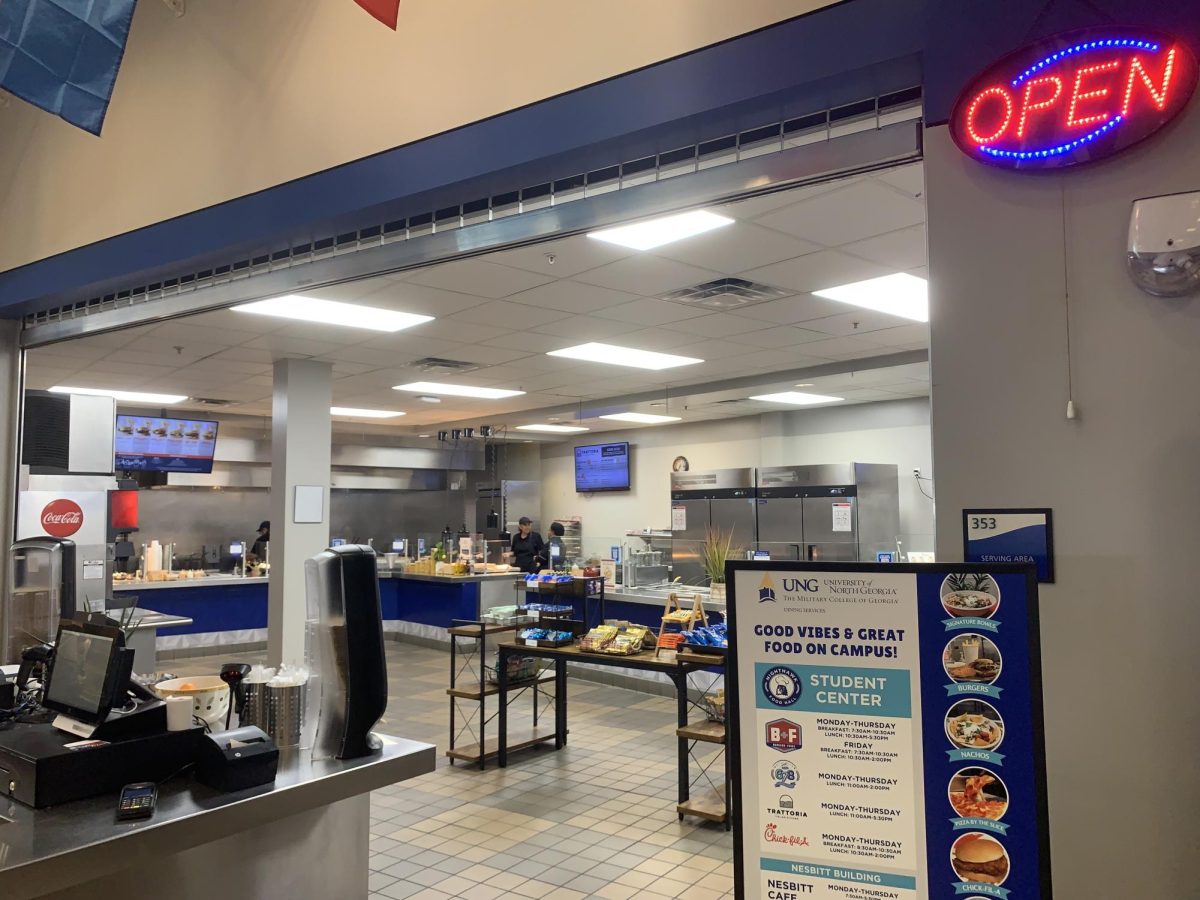











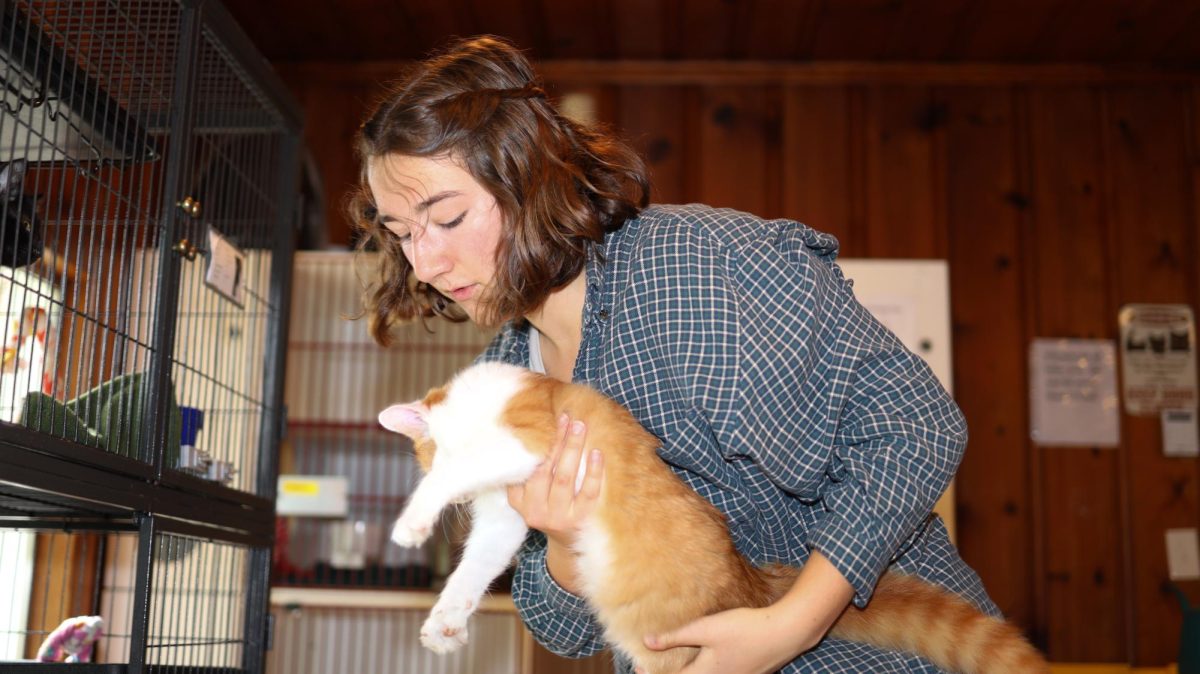
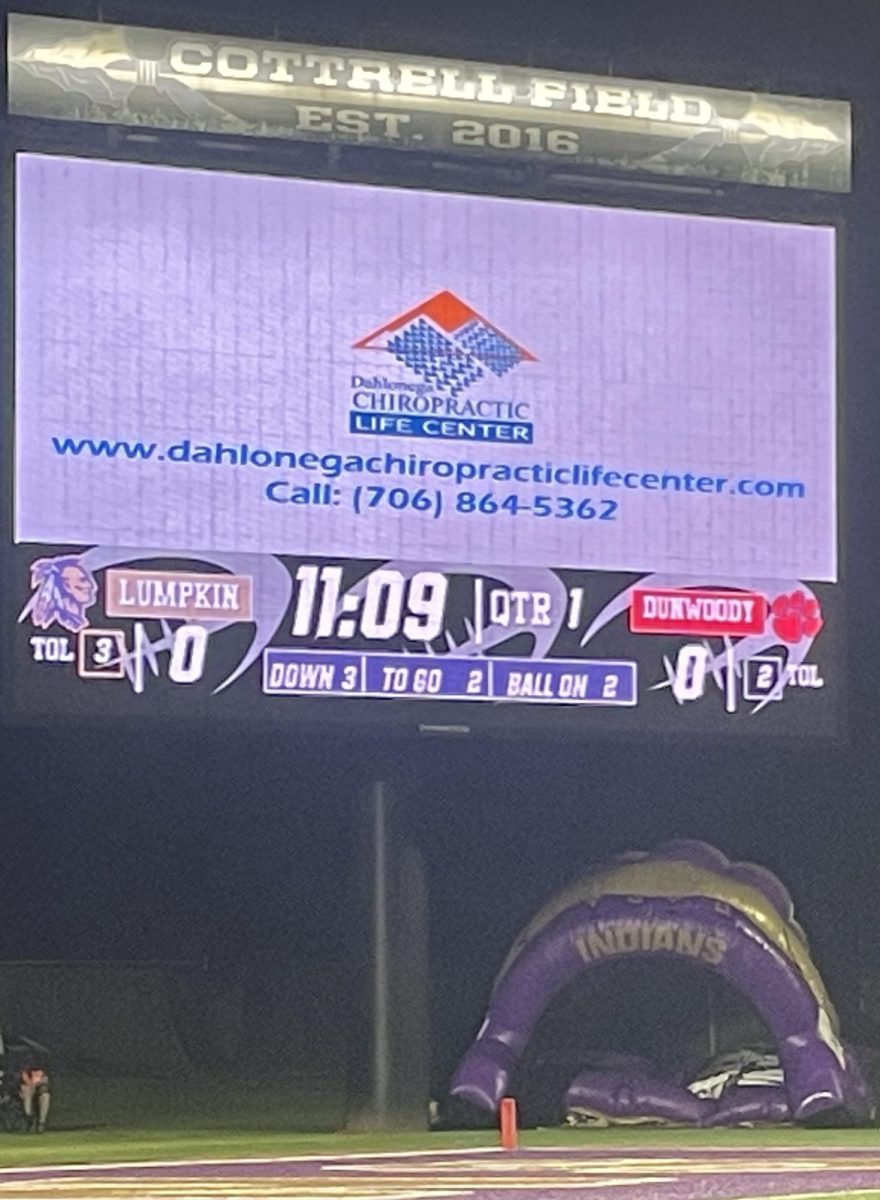
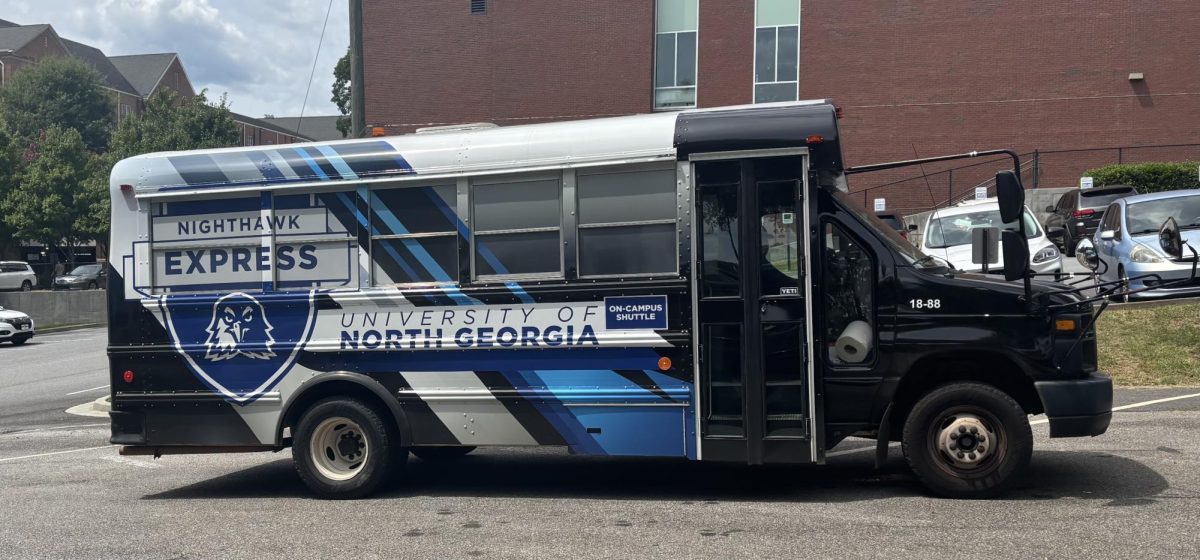
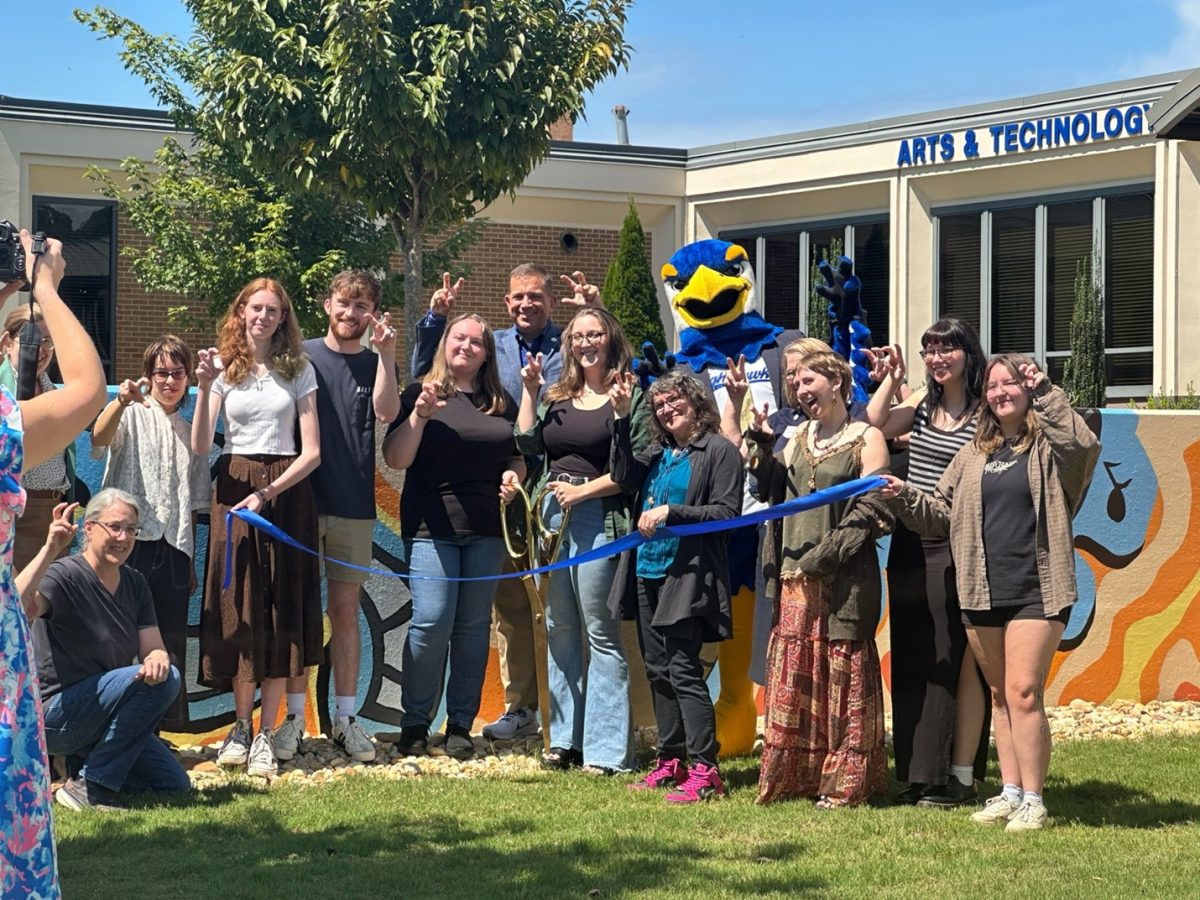






Marcy Kay • Sep 30, 2021 at 1:50 pm
Fabulous article!